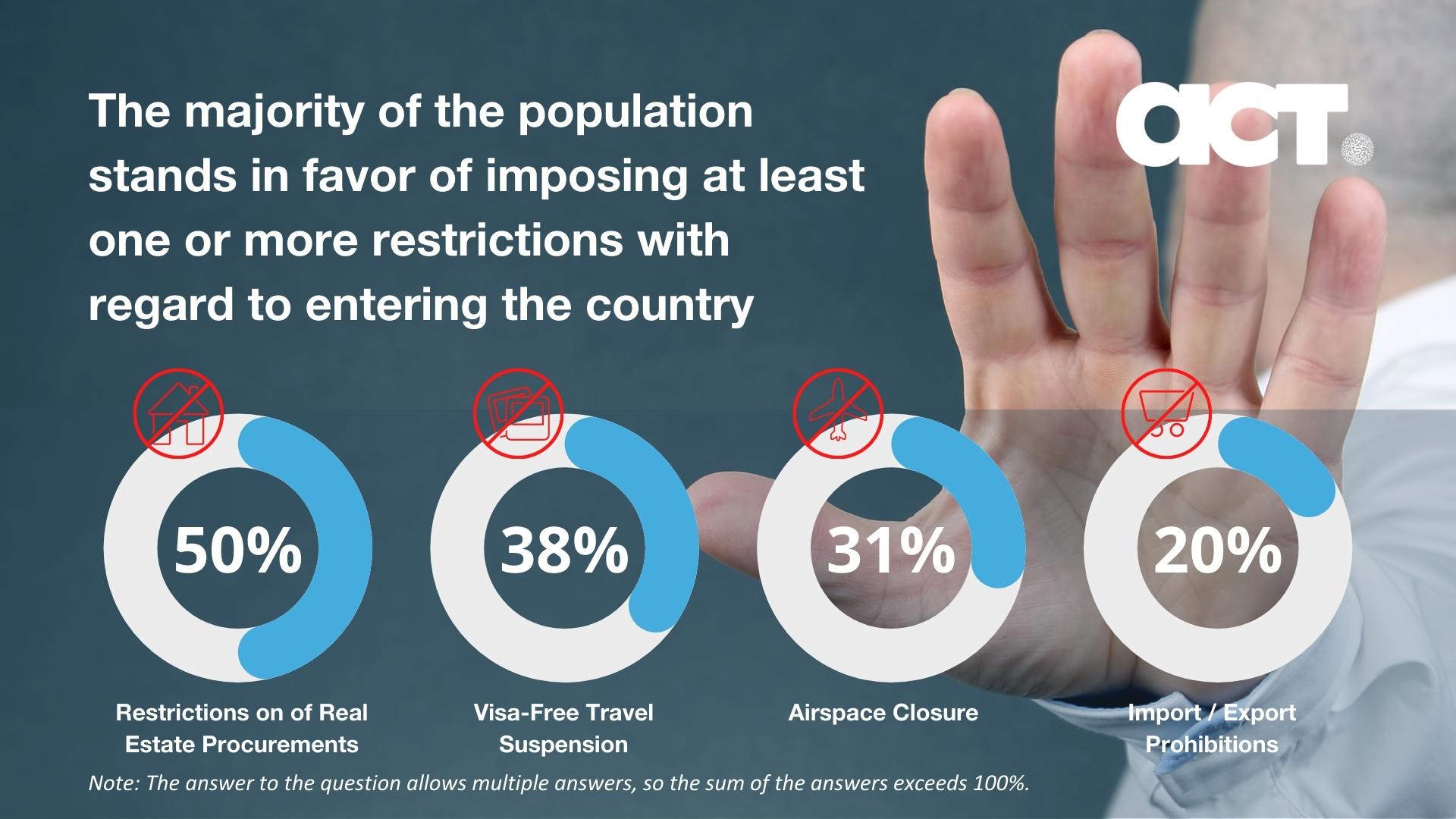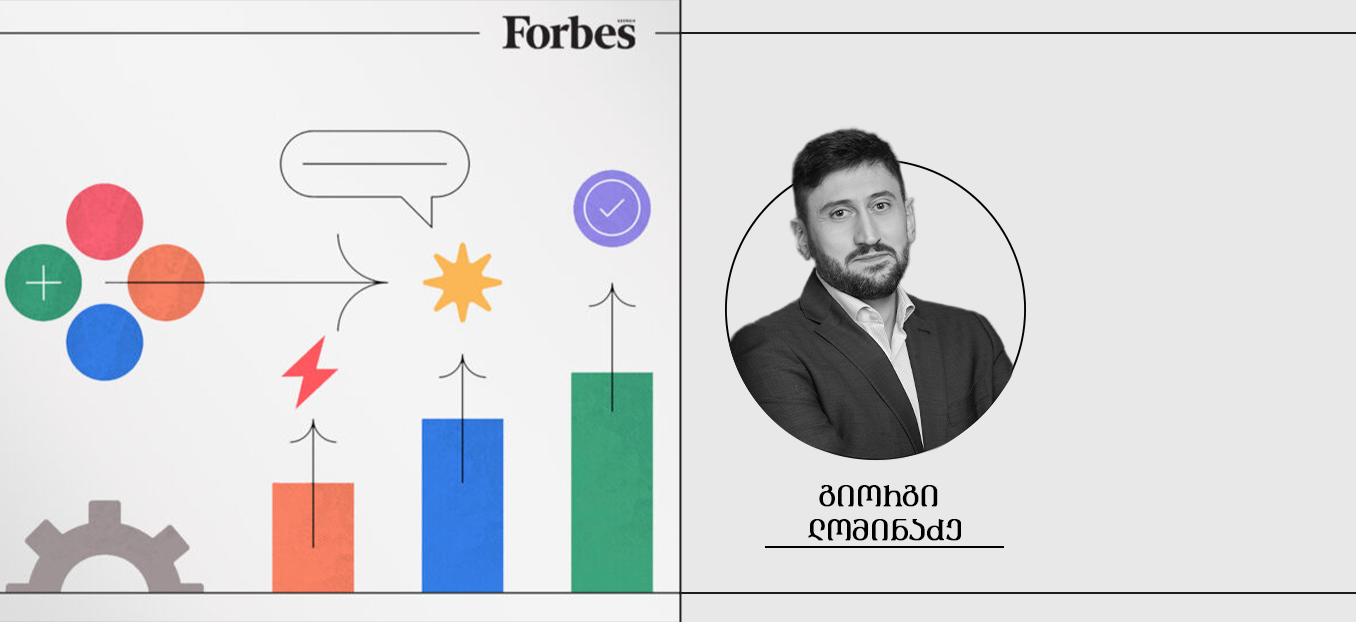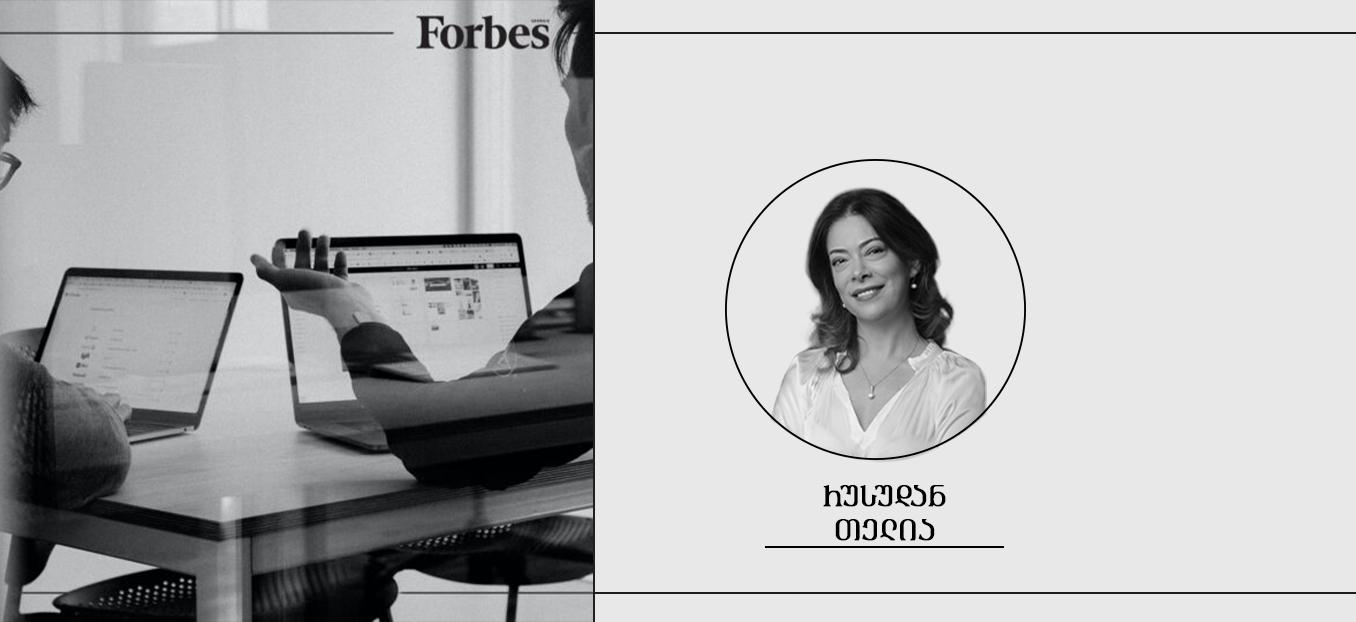Ukraine has been defending its homeland and freedom for 22 days now, with the rest of the world virtually involved in the war. Activation of mass media enabled bringing more clarity about the ongoing war in Ukraine to all parts of the world. It is obvious that the world has already shaped out the winner of this war and this is Ukraine.
The world is descent and radical in its actions. Since the beginning of the war, Russia has been subjected to unprecedentedly high-ranking and large-scale sanctions, and the process has not yet stopped.
All the said above created an expectation that sanctions would have rapid and devastating effects and the war would stop immediately. However, the reality showed up differently – though the imposed sanctions are disastrous for Russia, the war is still going on.
Winged Sanctions Against Winged Missiles
As defined by experts, the purpose of the sanctions is twofold - in the short run, they would cause an economic shock to Russia and lead to the awakening of Russian citizens by exposing them to terrible discomfort, while the citizens in their turn are supposed to force their government to step back.
In the long run, the sanctions aim to derail the Russian economy in order to completely tip the economic balance for an extended period of time, through reducing Russia’s military strengths as its key priority – distracting Russia’s military reinforcement, and killing the ambition of rebuilding the Soviet Union.
Default at Russia's Doorstep
Let us see how did both of the above goals translate into the results: the Russian economy is already facing a technical default. According to Fitch (www.fitchratings.com), the risk of possible Russian default in 2022 constitutes 71%. Default is of technical nature as Russia cannot be able to meet its foreign liabilities promptly, not because of lack of finances (at this point) but because of its inability to manage its existing finances as the country's central bank accounts are frozen.
Russia has considered 175 billion of its reserve fund as a security cushion. Part of the money preserved in this fund is placed in the bonds of the countries that imposed sanctions on Russia, therefore, it is inaccessible. The rest part is kept in gold, while the current image of Russia makes finding its buyer in today's market almost unthinkable.
Russia, trying to maintain a spark of optimism at least within the country, started discussing the Ministry of Finance’s "smart plan", according to which certain new accounts will be set up to accumulate the sums required for the payment of debts in Rubles. Russia plans to address its "debtors" telling them that “the requested money is in place but it is in their national currency (though Rubles are not accepted anymore). The challenge is that if they want to receive it in other currency, then they need to unblock foreign currency accounts for Russia."
Experts of the Russian ‘Empire’ believe in this plan, while independent Russian experts, on the other hand, clearly realize that these tricks cannot help the country to avoid its nearing economic collapse. As the independent experts predict, the economic downturn is inevitable, where Russia's economic indicators may drop to that of the early 90s.
The Domino Principle
The sanctions have already born their short-term consequences in Russia - the production chains are broken; the manufacturers depending on imports of products from other countries have to stop or rush to find alternate suppliers. Reassembling the chain may take time but experts believe the sanctions will affect this process as well, and here’s why: If earlier, Russia could choose the most lucrative of several offers, now the reality has changed considering the new restrictions and the country is forced to choose whatever is accessible, while that option can be far more expensive. In supplement, each delayed or unsuccessful chain will lead to a drop in production and raise the unemployment in the country.
The long-term perspective looks even more hopeless for Russia. It is expected that after the end of the war, the sanctions will not be lifted for yet undetermined period of time though even in case they are lifted, the risks now exposed will be necessarily taken into account while planning any financial transactions. This, in turn, will hinder possible major investment or partnership opportunities.
Georgia – as an Economic Parking Zone
As a result of the sanctions, any economic activity in Russia will become more expensive, and people will face more and more poverty. Certainly, such a prospect does not look attractive to those already anticipating the effects of sanctions.
This is why some Russian citizens decided not to lose time and immediately flee from the country, some trying to escape poverty and others to maintain their financial status.
According to the Minister of Internal Affairs of Georgia - Vakhtang Gomelauri, up to 25,000 Russian citizens crossed the Georgian border in the last two weeks, of which 3,000 are still staying in the country.
Shortly after the start of the war, Levan Kiladze, the founder of one of the largest real estate platforms in Georgia (ss.ge), presented data stating that "the number of website visitors from Russia increased sharply after the start of the war in Ukraine." Furthermore, more than 300 companies owned by Russian citizens have officially registered in the National Agency of Public Registry of Georgia.
The following question arises: Why did Russian citizens decide to use Georgia as “an economic parking zone”, the country they are in a long-term conflict with (20% of Georgian territory is currently occupied by Russia). What is the reason? Could it be the effect of a position “not to join the sanctions” and the declared list of “non-friendly countries to Russia” (where Georgia is not listed)? With this in mind, could they get the impression that Georgia can serve as a cozy nest for Russian "migratory birds"?
We do not have a clear answer to this question, though we own the reliable data confirming that 7 out of 10 residents in Georgia assume that the flow of people wishing to move to Georgia from Russia will definitely increase.

According to the research, the biggest concern of the population is the possible prospects and plans of Russian citizens for staying in Georgia. In total, 70% of the population stands in favor of imposing at least one or more restrictions on Russian citizens with regard to entering the country.

When Caution is the Parent of Safety
The aforementioned cautious attitude seemingly formed within the country of Georgia is not accidental. Russia's actions push those civilized countries under the potential Russian threat, to be more cautious due to Russia’s habit to “track” Russian citizens living in other countries and, based on fake threats proposedly they are exposed to from the host country, invades the foreign country’s territory to “liberate” Russian citizens. Having said that, the authorities of many countries keep imposing cautious restrictions on Russian citizens, on one hand, for security reasons, and on the other hand, in order to avoid collaboration with the aggressor.
„At the moment, Russians are not much-desired guests here”, said the State Secretary for Asylum and Migration in Belgium – Sammy Mahdi, referring to the restriction of visas for Russian citizens, and called on the European Union to do the same.
Later on, the Baltic states - Estonia and Lithuania - also restricted tourist visas while as an exception, only those who travel to their relatives or for medical treatment are allowed.
Sanction - an Effective Weapon in Hybrid Warfare
The people of Georgia agree that the sanctions imposed on Russia by the Western countries are effective. According to ACT poll, 70% of citizens consider these sanctions to be very or somewhat effective.

Believing in the effectiveness of sanctions and taking into account the impending threats, the population of Georgia demands protective mechanisms, specifically those allowing to impose more control over the property issues and strict filtering of inflows from Russia. International demand is to impose sharing sanctions which could become a clear signal coming from a country standing at the doorstep to EU membership.
Those who believe in the effectiveness of sanctions, keep in mind the old Chinese proverb - If you wait by the river long enough, the bodies of your enemies will float by. Let us remind you what the ACT survey shows: 84% of the Georgian population is well aware of who is expected to show up in the river.






